Heartburn ABC Suspension 150 ml
MRP ₹164
(Inclusive of all Taxes)
₹24.6 Cashback (15%)
About Heartburn ABC Suspension
Heartburn ABC Suspension belongs to the class of 'gastrointestinal agents,' primarily used to treat gastroesophageal reflux disease, heartburn, and acidity. It helps relieve symptoms of indigestion and gastrointestinal distress. Indigestion is the inability to digest food that is associated with pain and discomfort in the stomach.
Heartburn ABC Suspension contains Calcium carbonate, Sodium alginate, and Sodium bicarbonate. Calcium carbonate is an antacid that works by decreasing the amount of acid in the stomach. Sodium alginate forms a viscous gel by reacting with stomach acid. This gel floats on the surface of stomach contents and acts as a blockade to reduce the reflux. Sodium bicarbonate is also an antacid and has alkaline pH, which helps in neutralising the acidic pH in the stomach.
Your doctor will advise the appropriate dose that suits your medical condition. Common side effects of Heartburn ABC Suspension include flatulence, diarrhoea, nausea, and vomiting. These side effects may not occur in every patient using this medication and differ individually. If the side effects persist longer or worsen, please seek a doctor's advice.
Before using Heartburn ABC Suspension , let your doctor know if you have liver, kidney, heart diseases, or any other medical history. Please inform your doctor beforehand if you have high blood pressure, congestive heart failure, oedema, hypercalcaemia (excess calcium levels in the blood), nephrocalcinosis (excess calcium deposition in the kidneys), and kidney stones. Pregnant and breastfeeding women should use Heartburn ABC Suspension with proper consultation and caution. Avoid alcohol intake while using Heartburn ABC Suspension since it can increase acid production in the stomach.
Country of origin
Manufacturer/Marketer address
Online payment accepted

secured payment

india's most trusted pharmacy

genuine products
Manufacturer/Marketer :
Consume Type :
Expires on or after :
Return Policy :
Provide Delivery Location
About Heartburn ABC Suspension
Heartburn ABC Suspension belongs to the class of 'gastrointestinal agents,' primarily used to treat gastroesophageal reflux disease, heartburn, and acidity. It helps relieve symptoms of indigestion and gastrointestinal distress. Indigestion is the inability to digest food that is associated with pain and discomfort in the stomach.
Heartburn ABC Suspension contains Calcium carbonate, Sodium alginate, and Sodium bicarbonate. Calcium carbonate is an antacid that works by decreasing the amount of acid in the stomach. Sodium alginate forms a viscous gel by reacting with stomach acid. This gel floats on the surface of stomach contents and acts as a blockade to reduce the reflux. Sodium bicarbonate is also an antacid and has alkaline pH, which helps in neutralising the acidic pH in the stomach.
Your doctor will advise the appropriate dose that suits your medical condition. Common side effects of Heartburn ABC Suspension include flatulence, diarrhoea, nausea, and vomiting. These side effects may not occur in every patient using this medication and differ individually. If the side effects persist longer or worsen, please seek a doctor's advice.
Before using Heartburn ABC Suspension , let your doctor know if you have liver, kidney, heart diseases, or any other medical history. Please inform your doctor beforehand if you have high blood pressure, congestive heart failure, oedema, hypercalcaemia (excess calcium levels in the blood), nephrocalcinosis (excess calcium deposition in the kidneys), and kidney stones. Pregnant and breastfeeding women should use Heartburn ABC Suspension with proper consultation and caution. Avoid alcohol intake while using Heartburn ABC Suspension since it can increase acid production in the stomach.
Uses of Heartburn ABC Suspension
Key Benefits
Heartburn ABC Suspension is a combination of Calcium carbonate, Sodium alginate, and Sodium bicarbonate. Calcium carbonate is an antacid that works by decreasing the amount of acid in the stomach. Sodium alginate forms a viscous gel by reacting with stomach acid. This gel floats on the surface of stomach contents and acts as a blockade to reduce the reflux. Sodium bicarbonate is also an antacid and has alkaline pH, which helps in neutralising the acidic pH in the stomach. Collectively, Heartburn ABC Suspension treats stomach disorders like reflux, acidity, heartburn, and indigestion.
Directions for Use
Storage
Side Effects of Heartburn ABC Suspension
- Nausea
- Flatulence
- Vomiting
- Diarrhoea
Drug Warnings
Let your doctor know if you are allergic to any of the components. Please inform your doctor beforehand if you have high blood pressure, congestive heart failure, oedema, hypercalcaemia (excess calcium levels in the blood), nephrocalcinosis (excess calcium deposition in the kidneys), and kidney stones. Let your doctor know if you are pregnant or a nursing mother before starting Heartburn ABC Suspension . Avoid alcohol intake while using Heartburn ABC Suspension since it may increase acid production in the stomach. Smoking can irritate the stomach lining; hence please avoid it.
Drug Interactions
Drug-Drug Interaction: Heartburn ABC Suspension may interact with antibiotics (doxycycline, ciprofloxacin), pain killers (aspirin), blood pressure medicines (mecamylamine), anti-diabetics (chlorpropamide), anti-psychotics (lithium), and diuretics (furosemide, bumetanide, ethacrynic acid).
Drug-Food Interaction: Alcohol consumption makes the stomach produce more acid, which can further lead to heartburn. Therefore, avoid alcohol consumption.
Drug-Disease Interaction: Brief your doctor if you have a medical history of high blood pressure, congestive heart failure, oedema, hypercalcaemia, nephrocalcinosis, liver or kidney problems.
Drug-Drug Interactions Checker List
- DOXYCYCLINE
- CIPROFLOXACIN
- ASPIRIN
- MECAMYLAMINE
- CHLORPROPAMIDE
- LITHIUM
- FUROSEMIDE
- BUMETANIDE
- ETACRYNIC ACID
Habit Forming
Diet & Lifestyle Advise
- Please take foods rich in probiotics such as yoghurt/curd, kefir, sauerkraut, tempeh, kimchi, miso, kombucha, buttermilk, natto, and cheese.
- Eat fibre-rich food like whole grains, beans, lentils, berries, broccoli, peas, and bananas to aid digestion.
- Avoid intake of alcoholic beverages as it may increase acidity.
- Avoid eating too much, eating too fast, eating high-fat foods, or eating during stressful situations that can burden your stomach.
- Eating small meals at regular intervals so that stomach does not have to work as hard or as long.
- Smoking can irritate the stomach lining; hence please avoid it.
- Sleep with your head elevated (at least 6 inches) above your feet and use pillows. This helps digestive juices to flow into the intestines rather than to the oesophagus.
Special Advise
Check with your doctor before taking Heartburn ABC Suspension if you are on a sodium-restricted diet.
Disease/Condition Glossary
Dyspepsia (indigestion): Indigestion is the inability to digest food. It is associated with pain and discomfort in the stomach.
Gastrointestinal Distress: It is associated with pain in the upper abdomen, below the ribcage but above the intestines. It is usually caused by gastro-oesophageal reflux disease (GERD) and indigestion.
Gastroesophageal reflux disease (GERD): It is a condition that occurs when stomach acid frequently flows back into the food pipe (oesophagus). This backflow (acid reflux) irritates the food pipe and causes heartburn.
FAQs
Disclaimer
Alcohol
Safe if prescribed
It is recommended to avoid alcohol while you are being treated with Heartburn ABC Suspension . Alcohol consumption makes the stomach produce more acid, further leading to heartburn.
Pregnancy
Consult your doctor
There is limited data on how the Heartburn ABC Suspension affects pregnancy. Please consult your doctor if you plan to become pregnant or are already pregnant before starting Heartburn ABC Suspension .
Breast Feeding
Consult your doctor
It is unknown if Heartburn ABC Suspension is excreted into breast milk when used by a breastfeeding mother. Please consult your doctor before taking Heartburn ABC Suspension if you are breastfeeding.
Driving
Safe if prescribed
Do not drive or operate machinery if you experience discomfort while using Heartburn ABC Suspension until you feel better.
Liver
Consult your doctor
Let your doctor know if you have any history of liver diseases or hepatic impairment. Your doctor will weigh the benefits and potential risks before recommending Heartburn ABC Suspension .
Kidney
Consult your doctor
Let your doctor know if you have any history of kidney diseases. Your doctor will weigh the benefits and potential risks before recommending Heartburn ABC Suspension .
Children
Safe if prescribed
Your doctor will decide the dose based on your child's age and body weight.
Author Details
We provide you with authentic, trustworthy and relevant information
Uses of Heartburn ABC Suspension
Key Benefits
Heartburn ABC Suspension is a combination of Calcium carbonate, Sodium alginate, and Sodium bicarbonate. Calcium carbonate is an antacid that works by decreasing the amount of acid in the stomach. Sodium alginate forms a viscous gel by reacting with stomach acid. This gel floats on the surface of stomach contents and acts as a blockade to reduce the reflux. Sodium bicarbonate is also an antacid and has alkaline pH, which helps in neutralising the acidic pH in the stomach. Collectively, Heartburn ABC Suspension treats stomach disorders like reflux, acidity, heartburn, and indigestion.
Directions for Use
Storage
Drug Warnings
Let your doctor know if you are allergic to any of the components. Please inform your doctor beforehand if you have high blood pressure, congestive heart failure, oedema, hypercalcaemia (excess calcium levels in the blood), nephrocalcinosis (excess calcium deposition in the kidneys), and kidney stones. Let your doctor know if you are pregnant or a nursing mother before starting Heartburn ABC Suspension . Avoid alcohol intake while using Heartburn ABC Suspension since it may increase acid production in the stomach. Smoking can irritate the stomach lining; hence please avoid it.
Therapeutic Class
Drug-Drug Interactions Checker List
- DOXYCYCLINE
- CIPROFLOXACIN
- ASPIRIN
- MECAMYLAMINE
- CHLORPROPAMIDE
- LITHIUM
- FUROSEMIDE
- BUMETANIDE
- ETACRYNIC ACID
Diet & Lifestyle Advise
- Please take foods rich in probiotics such as yoghurt/curd, kefir, sauerkraut, tempeh, kimchi, miso, kombucha, buttermilk, natto, and cheese.
- Eat fibre-rich food like whole grains, beans, lentils, berries, broccoli, peas, and bananas to aid digestion.
- Avoid intake of alcoholic beverages as it may increase acidity.
- Avoid eating too much, eating too fast, eating high-fat foods, or eating during stressful situations that can burden your stomach.
- Eating small meals at regular intervals so that stomach does not have to work as hard or as long.
- Smoking can irritate the stomach lining; hence please avoid it.
- Sleep with your head elevated (at least 6 inches) above your feet and use pillows. This helps digestive juices to flow into the intestines rather than to the oesophagus.
Habit Forming
Side Effects of Heartburn ABC Suspension
- Nausea
- Flatulence
- Vomiting
- Diarrhoea
Special Advise
Check with your doctor before taking Heartburn ABC Suspension if you are on a sodium-restricted diet.
Disease/Condition Glossary
Dyspepsia (indigestion): Indigestion is the inability to digest food. It is associated with pain and discomfort in the stomach.
Gastrointestinal Distress: It is associated with pain in the upper abdomen, below the ribcage but above the intestines. It is usually caused by gastro-oesophageal reflux disease (GERD) and indigestion.
Gastroesophageal reflux disease (GERD): It is a condition that occurs when stomach acid frequently flows back into the food pipe (oesophagus). This backflow (acid reflux) irritates the food pipe and causes heartburn.
All Substitutes & Brand Comparisons
RX
Macraft Sugar Free Mint Flavour Oral Suspension 200 ml
Macleods Pharmaceuticals Ltd
₹178
(₹0.8/ 1ml)
18% CHEAPERRX
Ranidom Raft Sugar Free Peppermint Flavour Suspension 200 ml
Mankind Pharma Pvt Ltd
₹184.5
(₹0.83/ 1ml)
15% CHEAPERRX
Heraft Sugar Free Peppermint Flavour Oral Suspension 150 ml
Hetero Healthcare Pvt Ltd
₹131
(₹0.87/ 1ml)
11% CHEAPER

Have a query?











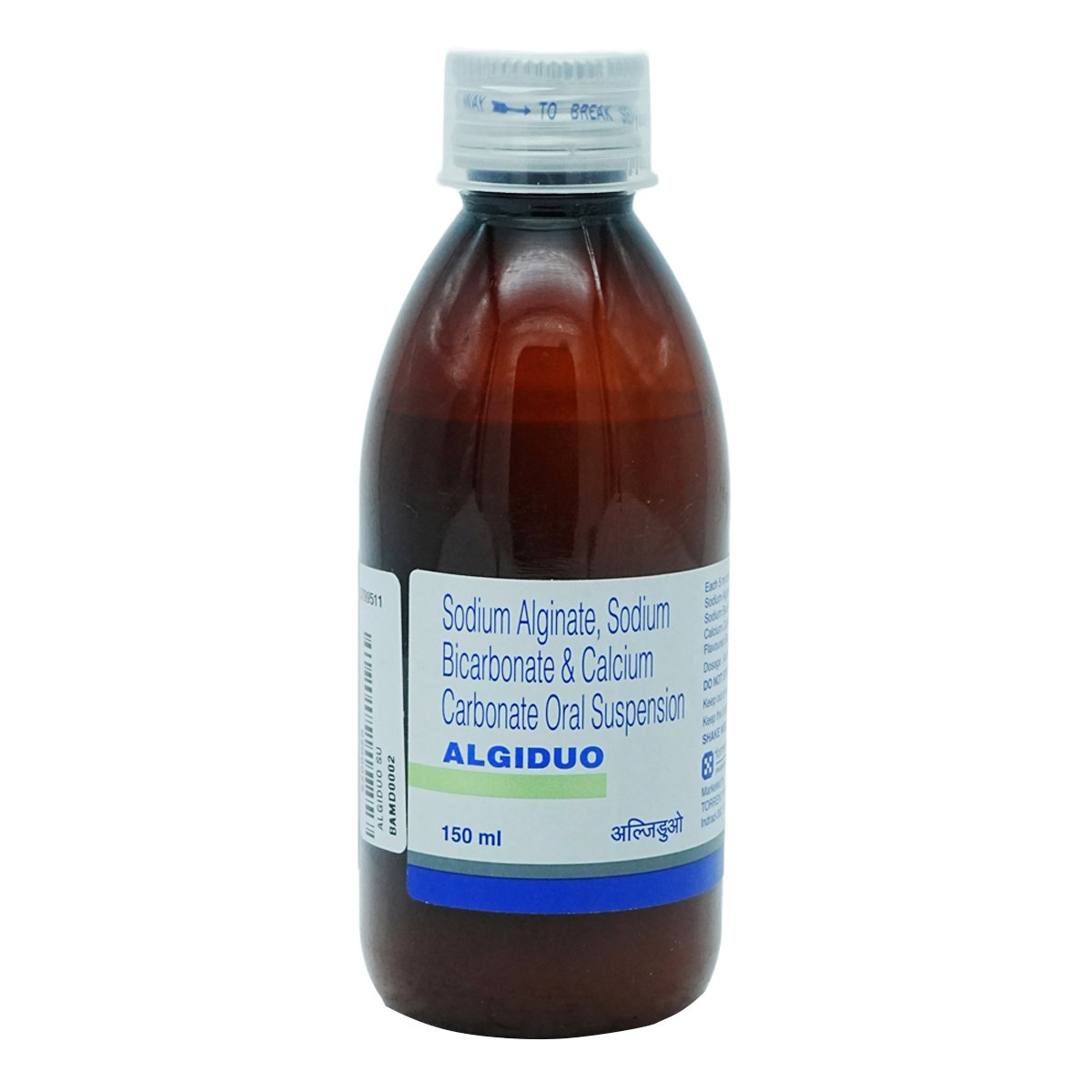

_0.jpg?tr=q-85)


